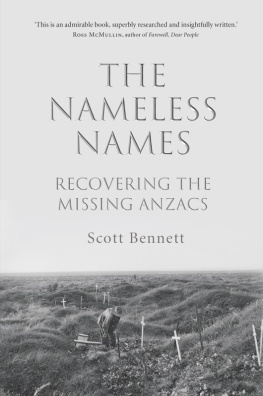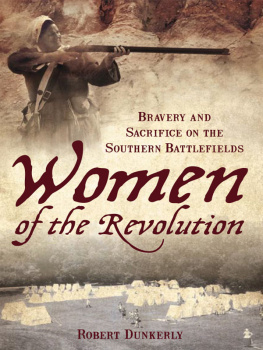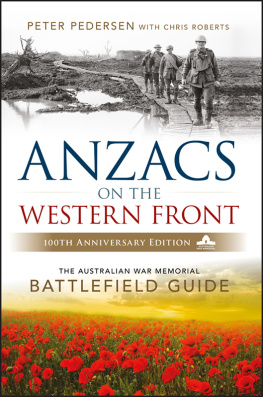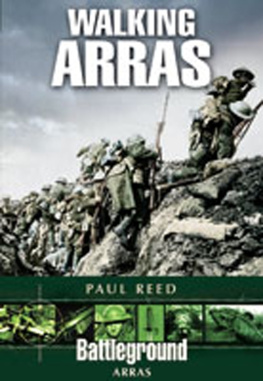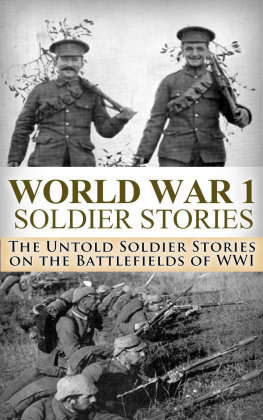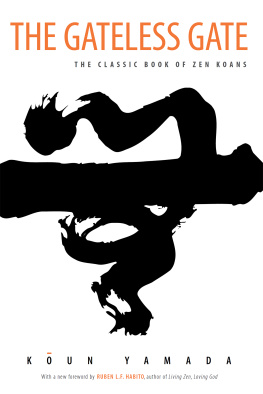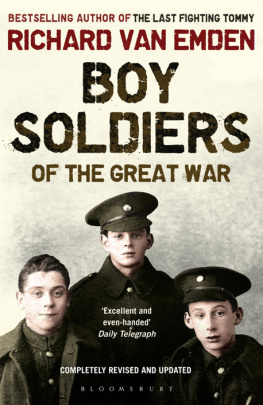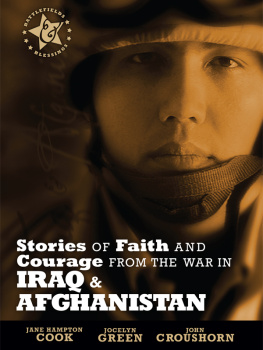First published in Great Britain in 2016 by
Pen & Sword Military
an imprint of
Pen & Sword Books Ltd
47 Church Street
Barnsley
South Yorkshire
S70 2AS
Copyright Paul Chapman 2016
ISBN 978 1 47385 087 3
eISBN: 978 1 47385 088 0
Mobi ISBN: 978 1 47000 000 0
The right of Paul Chapman to be identified as the Author of this Work has been asserted by him in accordance with the Copyright, Designs and Patents Act 1988.
A CIP catalogue record for this book is available from the British Library
All rights reserved. No part of this book may be reproduced or transmitted in any form or by any means, electronic or mechanical including photocopying, recording or by any information storage and retrieval system, without permission from the Publisher in writing.
Pen & Sword Books Ltd incorporates the imprints of Pen & Sword Archaeology, Atlas,
Aviation, Battleground, Discovery, Family History, History, Maritime, Military, Naval, Politics, Railways, Select, Transport, True Crime, and Fiction, Frontline Books, Leo Cooper, Praetorian Press, Seaforth Publishing and Wharncliffe.
For a complete list of Pen & Sword titles please contact
PEN & SWORD BOOKS LIMITED
47 Church Street, Barnsley, South Yorkshire, S70 2AS, England
E-mail:
Website: www.pen-and-sword.co.uk
Authors Note
The role of the historian is to study, draw upon and interpret the narrative for the perception of the future .
Bishop, 1969
No matter how many times one visits the Western Front of France and Belgium, one cannot fail to be awed by the number of Commonwealth War Graves Commission cemeteries encountered at almost every turn. Some cemeteries are considerably larger than others but they all have one thing in common the serried ranks of headstones, silently guarding the land in which they stand, paid for in the blood and self-sacrifice of those who lie beneath; their lives given that we might live in freedom. Every headstone and name on a memorial represents a personal tragedy; collectively they represent a lost generation of husbands, fathers, sons and brothers who answered their countrys call to duty.
The visitor to these silent cities of the dead (all are easily accessible be it by foot or vehicle) usually falls into one of three categories Personally related in some way to the casualty, historically minded, or casual. The relative, spurred by family connection, might be visiting for the first time, perhaps the very first time the casualty has received the comfort of a visit from home, or returning as part of annual pilgrimage; paying their respects to someone unknown to them personally yet ever remembered by the family. The historian, documenting his or her findings for personal interest or publication, might be researching a particular individual or action in which a certain division, brigade, regiment or battalion took part. The casual visitor is invariably someone passing through the vicinity, mildly curious, taking a brief break from his or her journey. But, for whatever reason the visit is made and one can spend hours walking round those who fail to be touched emotionally are few and far between.
Uniform in size and design the headstone informs the visitor of the casualtys name, rank, regiment, service number, date of death and (sometimes) age. Poignant epitaphs abound, but few give any insight into the man. The memorials to the thousands of missing record only regiment, rank and name. Examination of the appropriate cemetery or memorial register for further details will, with the exception of Victoria Cross recipients, rarely reveal more than next of kin. Whatever terminology one chooses, without additional information a list is just a list.
After over forty years association with the Western Front, and, in particular the Ypres Salient, I have frequently asked myself the question who were these men, where did they come from, what happened? The answer to these questions can never be fully answered, the detail herein recorded began purely out of personal interest; researching a considerable number of casualties whose graves I had photographed. Initially drawing on the Marquis De Ruvignys Rolls of Honour, published at the time and shortly thereafter in a series of parts, in time this expanded into page upon page of information bringing a personal aspect to the casualty explaining and answering much more of the who, what, where and why than the norm.
Almost one hundred years after the Armistice the death toll of the First World War remains as a Roll of Honour, commanding as much respect today as it did at the time. Dubbed the Great War for Civilization it was the first total war in British history to affect every aspect of national life, and stands as the supreme icon of the horror and inhumanity of armed conflict. Our picture of the war is still vivid, the poems speak just as freshly to A-Level students today as they did to older generations, and the poignancy of the many photographs and newsreel footage touches us still.
Those smiling, young, unsuspecting faces marching into Flanders; those exhausted, shattered bodies struggling through the mud, the squalor and filth of the trenches where the ever present sense of death and the macabre were just another facet of everyday life they could be our faces and bodies, or belong to those we know and love.
Throughout Great Britain and the Dominions there were few families who did not know of a husband, father, son, brother or uncle killed or wounded in the conflict. Behind the bald statistics of every account written at the time or years afterwards lie countless stories of individual tragedy. Drawn from a vast variety of sources, the accounts and casualty details (many at length) herein recorded, recount the gruesome horror of war in all its many facets. In an antidote to the adventure stories that pass for war in much of the literature of today mud, lice, rats, gas and death in every manner imaginable (and unimaginable). The biggest killer shellfire often buried men alive, or completely vaporised them, leaving no trace of their existence. Jagged chunks of red hot metal sliced through flesh in an obscene fashion, removing heads and limbs with ease. Snipers, grenades and the scything machine guns, skilfully used by well-trained specialists, all contributed to the horror; all get their due.
How soldiers endured all this is beyond comprehension, any part of the thin veneer of civilisation they had left behind was quickly eroded after a short time at the front. Men became dehumanised by the war, they brutalised and stripped the corpses of their enemies for souvenirs; snipers took special enjoyment in knocking off members of burial parties. But, it was a different matter when it came to their own dead. Under strict orders to ignore wounded comrades in an advance, soldiers repeatedly strove heroically to protect their own. Time and time again they risked their own lives to go out onto the bullet and shell swept battlefield to search for wounded and fallen comrades; bringing in the latter that they might be given the dignity of a decent burial rites that all too often proved short-lived. Some, hastily buried, re-emerged from the earth during the next rainstorm; countless numbers were exhumed or blown to pieces by bombardments. On reflection the question arises: Why bother at all? In part the answer lies with those of the battalion who, after the fighting, answered the roll-call, heard the repeated silences that followed the reading of the names, only to be informed from higher up the attack had failed due to lack of pluck on their part. When one takes all this into account one realises the importance of remembering the dead was often as much an act of tenderness by their comrades as it was in defiance.


